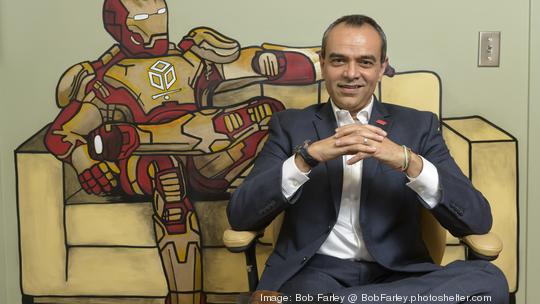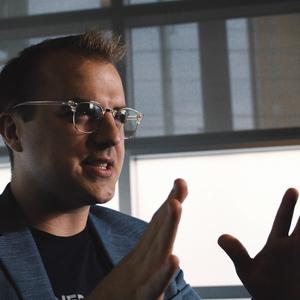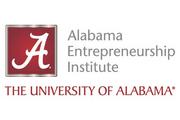
Birmingham-based scientist and CerFlux Inc. CEO Karim Budhwani will lead a panel at the 2022 BIO international convention.
The June gathering in San Diego is expected to draw 20,000 attendees from more than 60 countries.
Budhwani, whose work focuses on implementing personalized cancer treatment, compared treating cancer with a one-size-fits-all approach to attempting to sing along to an unfamiliar song after only hearing the first note.
"There is a lot of variety in a single song. Just like every song is different, every tumor is different," Budhwani said.
CerFlux Inc.'s work involves testing multiple cancer drugs simultaneously on standard biopsy tissue obtained from a patient’s tumor. Budhwani compared the process to a tic-tac-toe board with a different drug in each box. Xs show treatments that will not work while Os point to the best options for that patient.
"Every person's tumor is going to be different and it's going to respond differently to even the same treatment," Budhwani said. "So if two people have the same kind of cancer, we can give them the same treatment. It will work for one and not work for the other, and that is what throws people off completely when it comes to cancer."
The benefits of the new technology include not only life-saving and quality-of-life-improving treatments for patients, but potential billions of dollars in savings for pharmaceutical companies. Currently, the majority of cancer trials fail, but if that percentage could be reduced, it could result in a multibillion-dollar windfall.
The panel will highlight the areas, which Budhwani described as points where the "bridge is broken" when it comes to cancer treatment, where personalized treatment can be applied.
The first is at the bedside where a patients tumor could be matched to a personalized treatment plan. The second is during clinical trials.
"A lot of drugs that could actually work fail, and the reason why they fail is not because they won't work on anybody," Budhwani said. "It's just that they don't work on enough to make a statistical projection for the population. What if they could improve how people are enrolled in trials so that we would be able to better improve the odds of therapy coming to market?"
Budhwani is working to develop technology that allows a preview of what cancer drugs have the most potential to work in patient populations.
"If I could get an idea, I would develop those as Small Pharma. I would license those as Big Pharma," Budhwani said. "I would bring them to trial as cancer centers and trials because I have some sort of understanding this has potential. I would optimize the trial so that we would better match the subjects to the trial."
The goal of the panel is to educate people about the new approach and most importantly, according to Budhwani, translate that education into action.
Budhwani described the biotechnology sphere as "a starry night sky" that is too scattered to harness its full power. He hopes the panel, BIO Alabama and other efforts will bring the network closer together.
"From a Birmingham perspective, it's important because we are on the cusp," Budhwani said, adding that cities that are seeing quality-of-life improvements have both dollars circulating within the community and investment dollars coming in from outside.
"If we can have more life sciences investments that happen in our community, we're going to be bringing in investments which will then lead to our communities becoming leaders in economic activity," Budhwani said.
This could lead to increases in jobs and improvements when it comes to education.
"Imagine if we have technology that helps 10 million people around the world every year and it comes from Birmingham. ... It grows more industry here which means we need more talent here, which means we invest in more education here so our universities, our schools, everything improves," Budhwani said. "This is how you elevate society."




